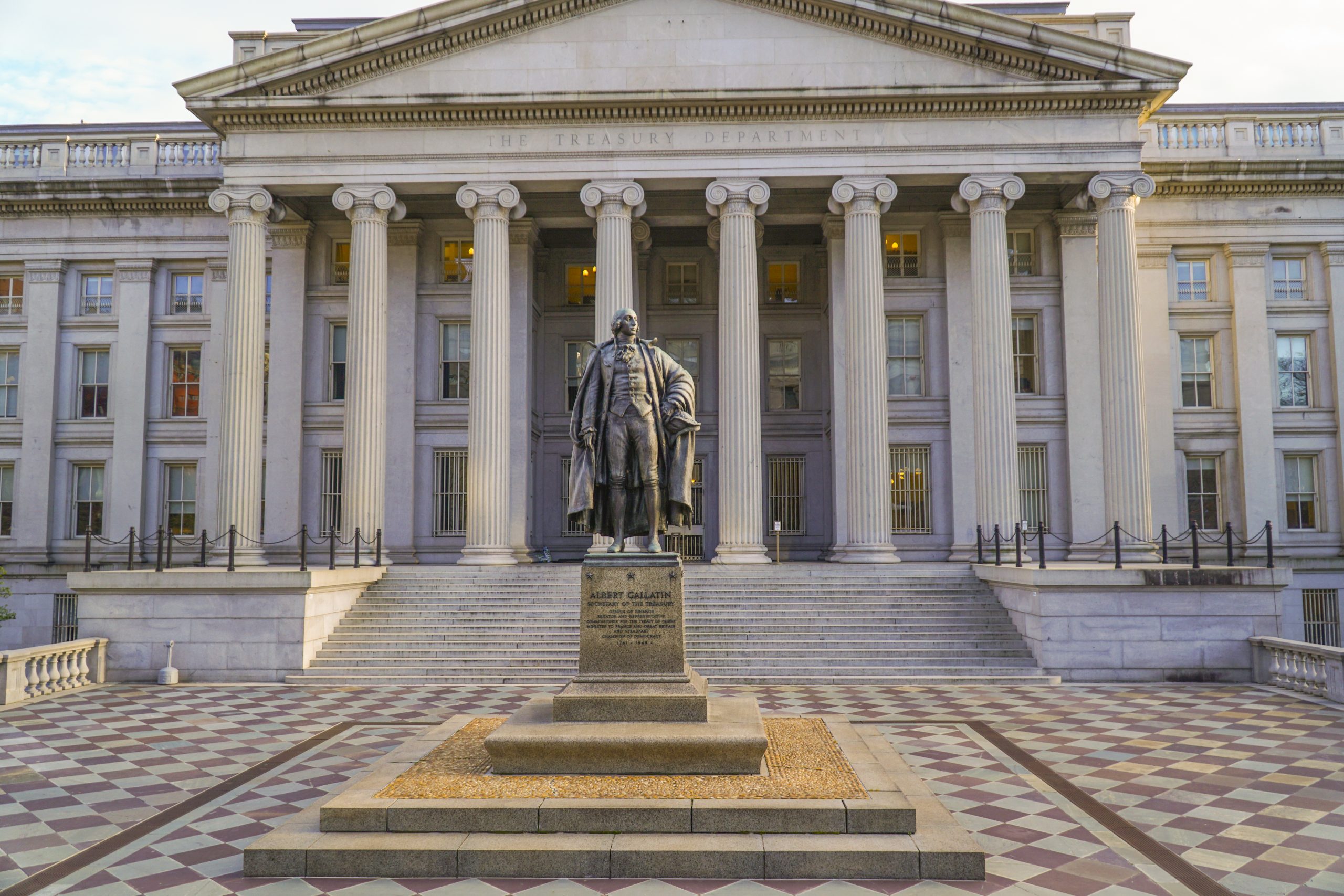In February, FACT member Transparency international released a report outlining the perception of corruption globally. Adding to a troubling trend over the last few years, the U.S. again fell in its ranking with its lowest score since 2012. The deteriorating perception of U.S. corruption – and the real financial secrecy that facilitates it – underscore the need for the swift implementation of recent U.S. anti-corruption reforms such as the Corporate Transparency Act.
The annual Corruption Perceptions Index is a survey of country-level corruption experts and business executives on perceived corruption in 180 countries. The upward trend in perceived U.S. corruption shows that U.S. citizens are losing faith in their elected leaders to operate transparently and ethically: chiefly, due to the previous administration’s attacks on a landmark anti-bribery law, whistleblowers who expose fraud and corruption, oversight of pandemic relief funding, and the nation’s electoral process. The increased perception of corruption has further eroded the credibility of the U.S. government at a crucial time when it has needed to respond to an historic public health and economic crisis. The report further shows that countries with lower perceived corruption were better able to respond to the COVID-19 crisis. These countries invested more in healthcare, provided more inclusive health coverage, and were “less likely to undermine democratic institutions and the rule of law when responding to the pandemic.” In the U.S., the unprecedented state of perceived corruption should prompt lawmakers and administration officials alike to consider ways to restore public faith in governance and the COVID response.
Perceptions are just that: perceptions. But the facts follow that the United States is one of the most secretive financial jurisdictions globally, meaning that a corrupt U.S. politician would not have to look far to find tools to facilitate actual corrupt activity. The Financial Secrecy Index – published biannually by another FACT member, the Tax Justice Network – ranks jurisdictions according to their secrecy and the scale of their offshore financial activities. In the most recent report, the U.S. was ranked the second most secretive jurisdiction in the world, based on its wide array of anonymous structures and tax-free facilities for non-residents. Specifically troubling secrecy tools provided by the U.S. financial system are anonymous shell companies – a go-to getaway vehicle for financial criminals worldwide. Paul Manafort, who pled guilty to various money laundering and fraud charges for concealing millions in personal income received from the Ukrainian government did not need to go far to find someone willing to help him conceal his dealings: he used five companies incorporated in Delaware. Notably, Delaware since came out in favor of legislation, the Corporate Transparency Act, enacted on Jan. 1 that will end incorporation of anonymous shell companies.
Financial secrecy provided by the U.S. has caused untold harm to the ordinary citizens of foreign countries. Kleptocrats around the world have used U.S. shell companies to launder billions in funds siphoned from their governments. Experts at the World Bank and United Nations took a look at 150 grand corruption cases over the past few decades and found that roughly three-quarters of them utilized anonymous companies to launder their illicit funds — with U.S. companies being the most common. Increasing U.S. financial transparency and eliminating the ability to set up anonymous shell companies will not only play a role in restoring public faith in our leaders, but it would also play a significant role in deterring real corruption here and abroad. By ending anonymous ownership of companies and encouraging other countries to do the same, the United States could turn a vulnerability into an advantage, disrupting illicit financial networks and pushing back against adversaries who seek to undermine the rule of law globally.
The Treasury Department must ensure the Corporate Transparency Act is robustly implemented to minimize risks of corruption within the U.S. and abroad. In her nomination hearing for Secretary of the Treasury, Janet Yellen has already called this a priority – as has her soon to be confirmed Deputy Secretary, Adewale Adeyemo. The Treasury Department has the support it needs to get it done, backed by ostensibly the most ideologically diverse constituencies to ever support U.S. anti-money laundering reform – including US Chamber of Commerce, Delaware Secretary of State, 42 States Attorneys General, law enforcement, anti-human trafficking groups, and anti-corruption organizations.
If the Biden Administration is serious about combating corruption at home and abroad, it should direct the Treasury to meet its January 2022 timeline and ensure the timely and robust implementation of the Corporate Transparency Act.

